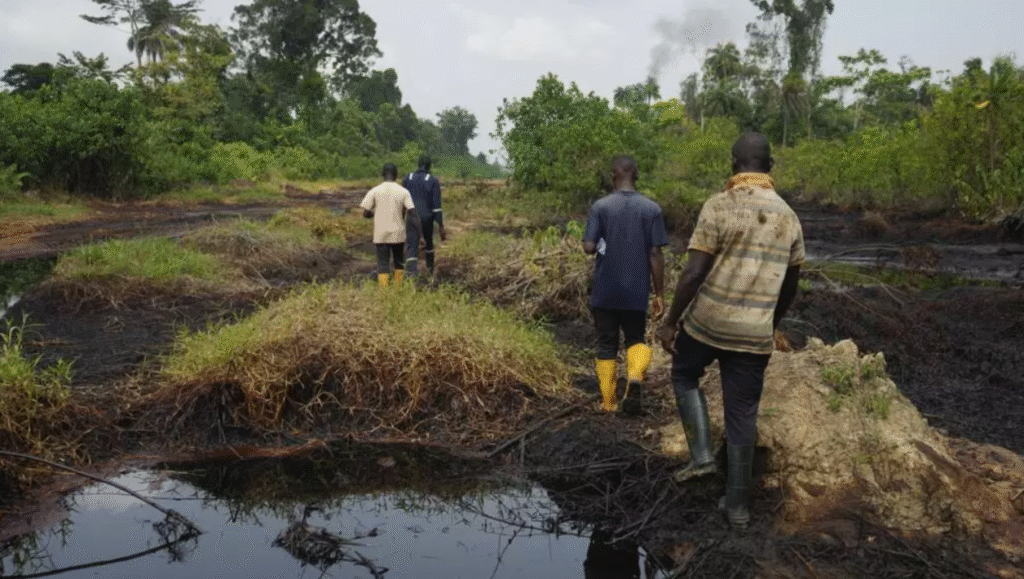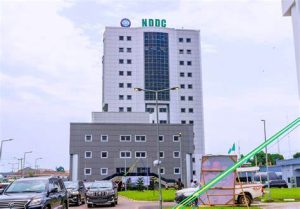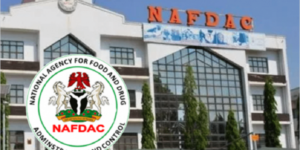
Global Watchdog Accuses Shell, ExxonMobil, Eni, and TotalEnergies of Human Rights Violations, Setting a ‘Dangerous Precedent’ for Corporate Exit Strategy.
In a scathing intervention that has sent shockwaves through the global petroleum sector, a United Nations (UN) panel has formally accused four international oil conglomerates of attempting to evade their legal and moral obligations to clean up decades of catastrophic oil pollution across the Niger Delta region.
The UN Working Group on Business and Human Rights, supported by other Special Rapporteurs, wrote officially to Shell, ExxonMobil, Eni, and TotalEnergies, stating that their ongoing divestment from Nigerian onshore assets amounted to a violation of international human rights law. The experts warned that these multinational firms are effectively dodging colossal environmental remediation costs, which community estimates place at over NGN 9.6 trillion (USD $12 billion) in Bayelsa State alone.
The panel’s central allegation is that the companies are “offloading their assets while leaving behind clean-up obligations” and have used Nigeria as an “experiment for divestment without clean-up.” By selling their onshore operational stakes—assets that have generated billions in profit over 70 years—to smaller, locally registered entities, the oil giants are allegedly transferring billions of naira in historic liabilities to new owners who lack the financial or technical wherewithal to manage the immense environmental catastrophe.
The Scale of Undischarged Liabilities
The UN experts’ letter highlighted the stark reality facing the region: the divestments were conducted without following a human rights-based approach, threatening the basic rights of Niger Delta citizens to a clean, healthy, and sustainable environment, as well as their right to safe drinking water and access to remedy.
For communities whose livelihoods are intrinsically tied to fishing and farming, the UN’s intervention is a powerful validation of their suffering. Decades of unmitigated oil spills, often leading to contamination levels far exceeding safe limits, have not only poisoned the land and water but have also destroyed local economies.
The intervention specifically addresses the lack of transparency and accountability in the sales, noting that this practice risks setting a dangerous global precedent for other International Oil Companies (IOCs) seeking to exit fossil fuel ventures.
Corporate Rebuttals vs. Community Justice
In response to the unprecedented UN scrutiny, the oil majors offered carefully worded rebuttals.
Shell, whose Nigerian subsidiary (SPDC) was recently sold to the Renaissance consortium, maintained that it conducts divestments responsibly and screens buyers for technical and financial capacity. However, critics point out that the consortium is largely comprised of former Shell personnel, raising concerns about the true independence and accountability of the new ownership structure regarding historic pollution.
Eni, the Italian energy major, went further, “strongly rejecting” the UN’s claims. The company asserted that its asset sale to Oando was supported by the Nigerian government and that, at the time of the transaction, it had remediated 100% of the spills on its joint venture assets, save for inaccessible sites.
Despite these corporate defences, legal experts note that the UN panel’s intervention provides significant weight to existing legal battles. The public condemnation strengthens the position of communities like Bille and Ogale, who are currently pursuing high-profile lawsuits in Nigerian and international courts to force the IOCs to pay for the ecological damage inflicted upon their homelands.
Call for Government Intervention
This latest development places immense pressure on the Nigerian Federal Government and its regulatory bodies. Civil society groups have called for urgent action, criticising what they perceive as government silence on the damning report.
The Niger Delta Herald joins the chorus of voices demanding that the Federal Government uphold its duty under international law to ensure that these oil companies meet their contractual and human rights obligations. The principle that the Polluter Must Pay should be non-negotiable, and no divestment should be permitted to proceed without a comprehensive, independently verifiable plan for full environmental restoration and adequate compensation for the millions of Niger Deltans whose lives have been irreparably damaged by corporate greed.
This video provides context on the legal challenges faced by oil companies concerning pollution in the region: Nigerian communities win right to sue Shell over oil spills.







